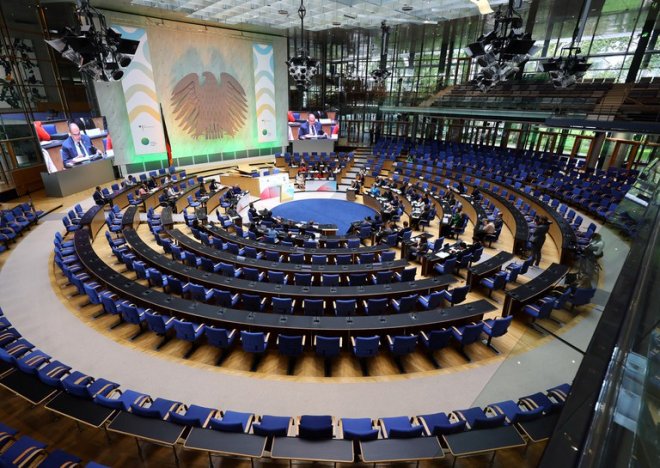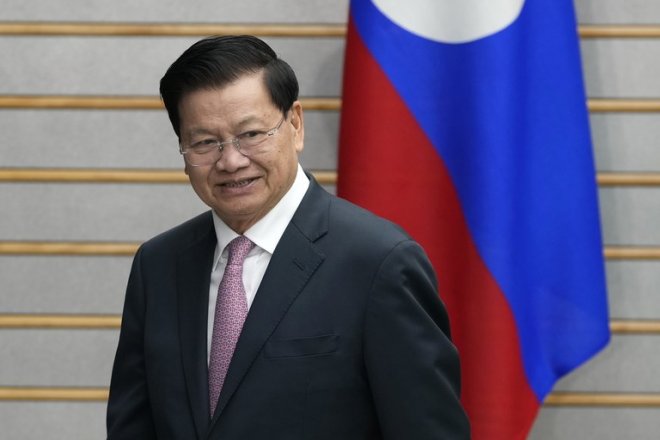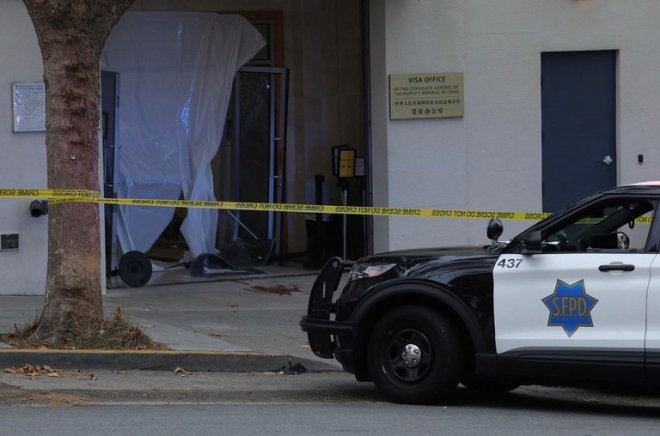Rising food prices sap North Koreans’ holiday cheer ahead of Lunar New Year
The holiday spirit in North Korea is at a low ebb as higher prices for meat, rice and other foods make celebrating the Lunar New Year a costly affair, sources in the country told Radio Free Asia.The Lunar New Year, along with the autumn harvest Chuseok festival, are the two most important holidays in Korean culture, when extended families gather for jesa, a ceremony and feast that honors ancestors.
“We have to prepare for the Lunar New Year holiday, but prices are rising steeply, so the hearts of ordinary residents are heavy,” a resident of the northeastern province of North Hamgyong told RFA’s Korean Service on condition of anonymity for security reasons.
Over the past month, rice prices jumped 27%, corn rose 17%, and pork, which was already very expensive and unaffordable for most people, climbed 11%. Other items like cooking oil and chili powder also saw significant price hikes.
“Residents who went to the market to buy meat for the holiday are discouraged,” the source said. “They complain that prices always go up when the holidays come around, so they wish there were no holidays.”
Fruit for the elite
But even as most ordinary people struggle, the government is importing tons of Chinese fruit – lychees, pineapples and mangoes – to be given to high-ranking officials in the capital of Pyongyang.
Attractive piles of fruit are a key part of the jesa ceremony, but even more ordinary fruit has become scarce and expensive in North Korea because of an import ban imposed since the start of the COVID-19 pandemic three years ago.
“Various fruits have been shipped into North Korea in huge amounts on the Dandong-Sinuiju freight train since yesterday,” a North Korea-related source in the Chinese border city of Dandong told RFA’s Korean Service on Tuesday on condition of anonymity for security reasons.
The source said that “southern fruits” are in most of the shipments, meaning that the fruits are cultivated in southern China and are seen as exotic and special. In South Korea, the term is used to refer to fruits like lychee, mangosteen or durian, but in North Korea, bananas and pineapples are rare enough to also fit the bill.
“This is the first time that North Korean trading companies imported southern fruits in such large quantities since the coronavirus crisis began,” the Dandong source said. “The North Koreans have been saying that the southern fruits will be gifted to officials in Pyongyang on Lunar New Year’s Day.”
The source said that one 17-car freight train left Dandong headed toward Sinuiju on the North Korean side of the Yalu River that day, and two of the cars were loaded to the brim with tangerines, bananas and pineapples, likely amounting to about 120 tons of fruit in total.
Police and bribes
Meanwhile, on the streets local officials are trying to enforce price controls to mitigate inflation. But sources say that merchants are able to bribe the police when they are caught raising prices.
During the holiday season, the markets are usually bustling with customers scrambling to get all the food they need for a proper jesa, but not this year, a resident of the northwestern province of North Pyongan province told RFA on condition of anonymity to speak freely.
“The usual holiday atmosphere … is nowhere to be seen. When residents check the price of items they want to buy, they just seem hesitant,” she said. “Ordinary residents are in such a difficult situation. Their resentment towards the authorities … is increasing day by day.”
Translated by Claire Shinyoung Oh Lee and Leejin J. Chung. Written in English by Eugene Whong. Edited by Malcolm Foster.
[圖擷取自網路,如有疑問請私訊]
|
本篇 |
不想錯過? 請追蹤FB專頁! |
| 喜歡這篇嗎?快分享吧! |
相關文章
AsianNewsCast






















